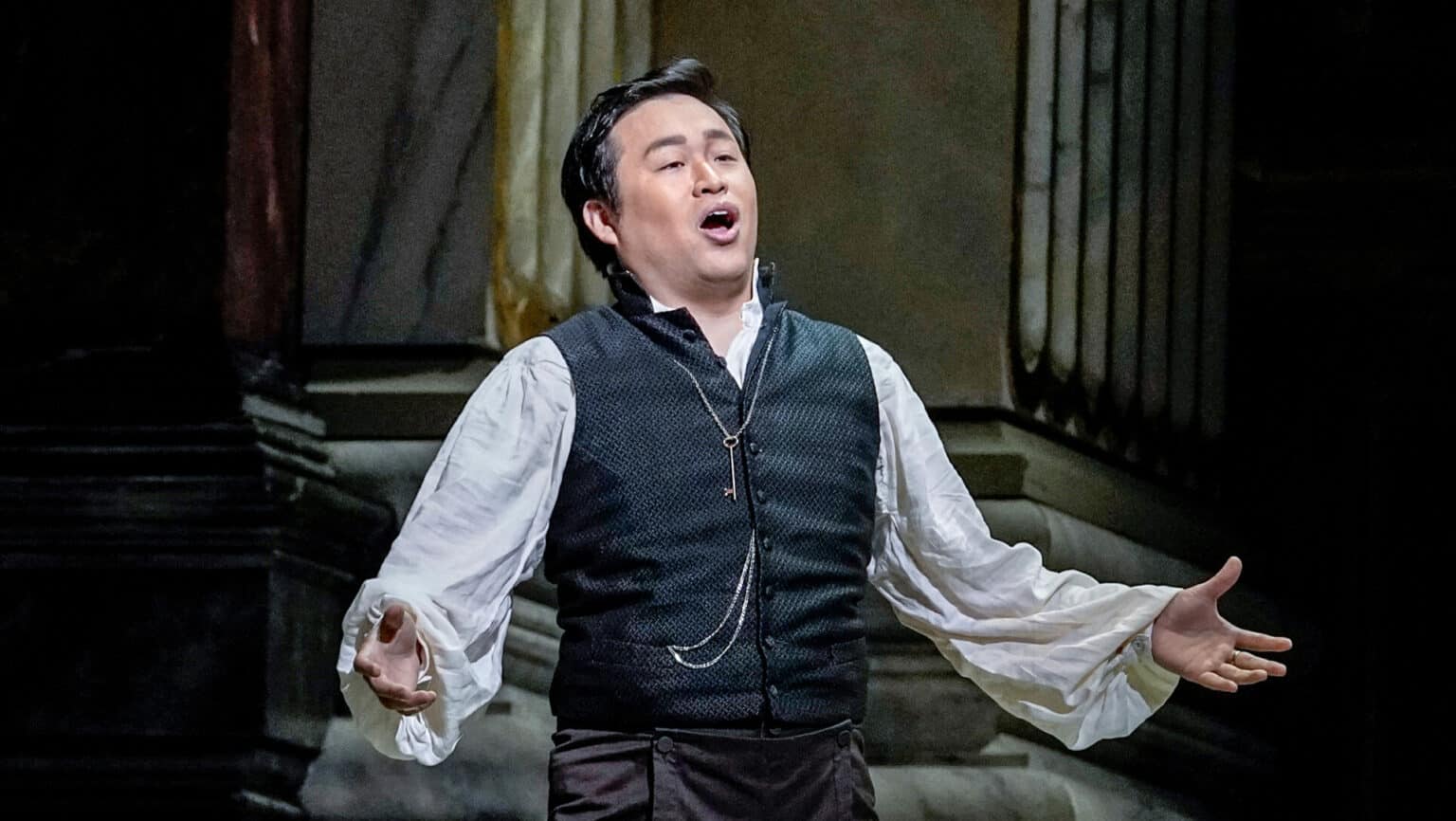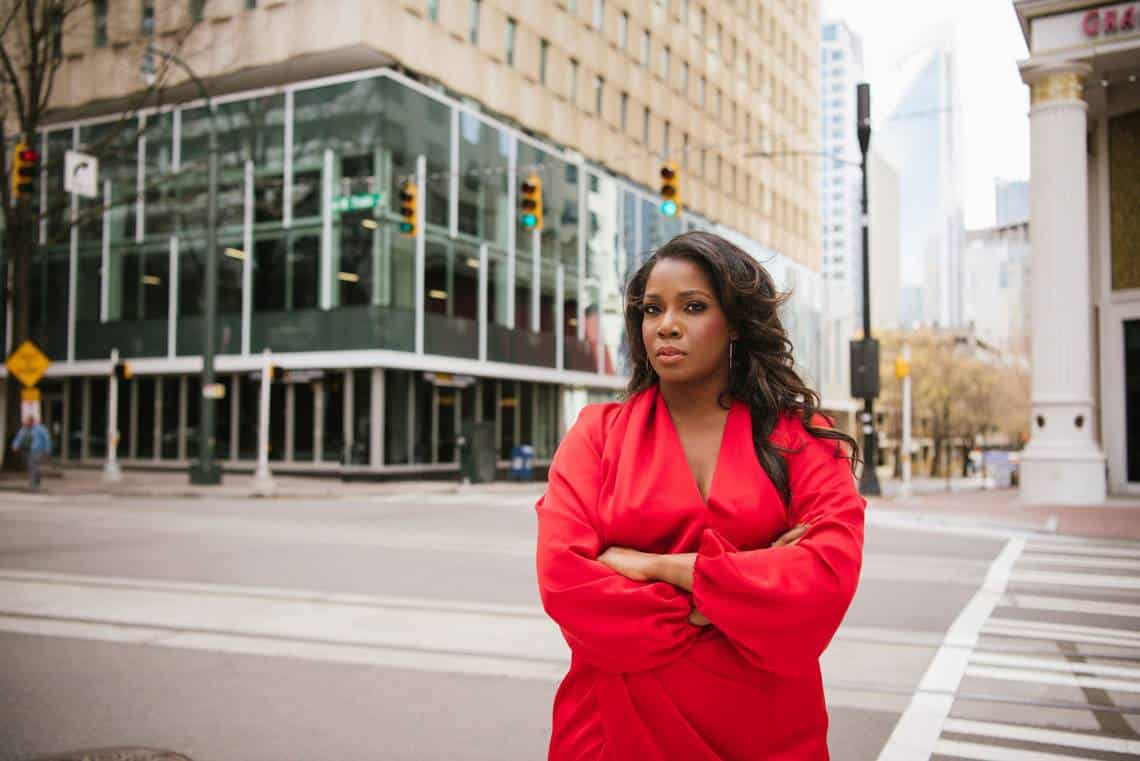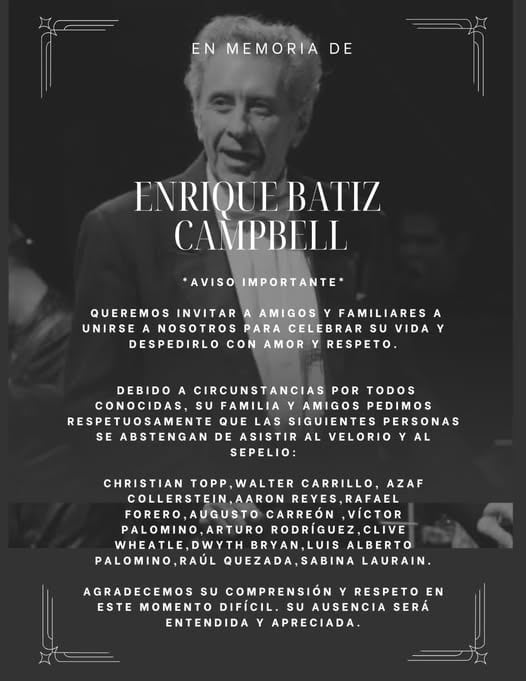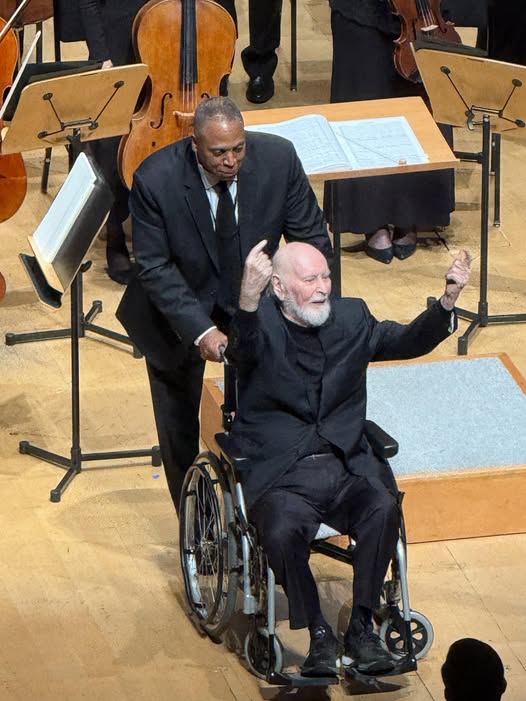Met replaces three in tonight’s Aida
OperaThere has been a rush to repair the shocking open ing night.
Piotr Beczala is out as Radames, subbed by the hastily flown-in Korean Seok Jong Baek (pic).
Dmitry Belosselskiy as Ramfis is replaced by the opening night’s King. Morris Robinson. He in turn is subbed by Harold Wilson.
New York’s opera influencers are still reeling from the first-night vocal disaster. How was that allowed to go on stage? they want to know.






Comments